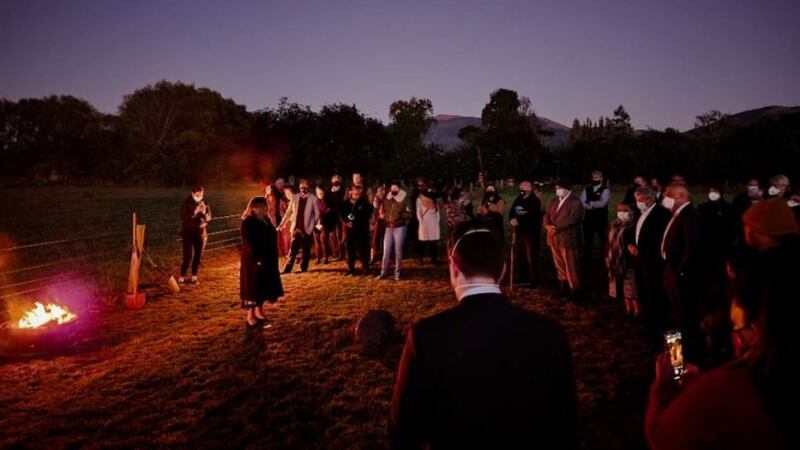Photo / Supplied
Today at dawn a mauri stone has been laid on the grounds of Te Āwhina Marae to mark the significant milestone of the beginning of a papakāinga development that will see 20 new homes built to house whānau in Motueka.
The place where the mauri stone has been buried is the location marked for the new houses that will be constructed as part of the innovative papakāinga development under a partnership between Te Āwhina Marae and Te Puni Kōkiri.
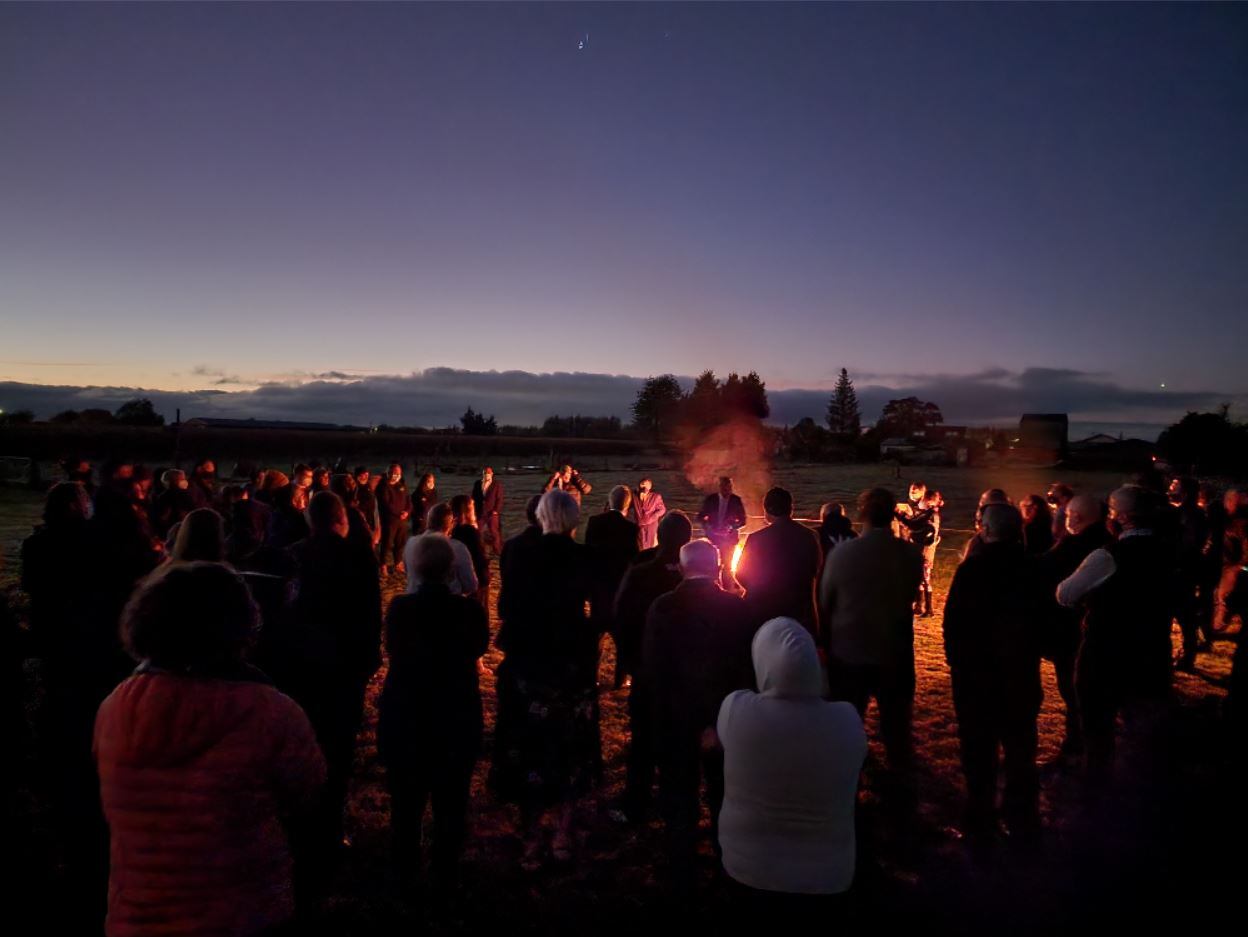
Photo / Supplied
“This is a momentous occasion for the whānau and hapū of Te Āwhina Marae and we have worked hard to get here. This will be a significant step-change for our marae that will take us from the six current kaumātua flats to 20 homes for whānau to enable intergenerational living on our marae,” says Rima Piggott, chair of the Te Āwhina Marae Board.
The successful partnership marks the beginning of the overall Te Āwhina Marae redevelopment project which is a 10-year vision to completely rebuild the marae facilities that will revitalise the economic and cultural development for whānau and the wider community in the region, the marae said in a statement.
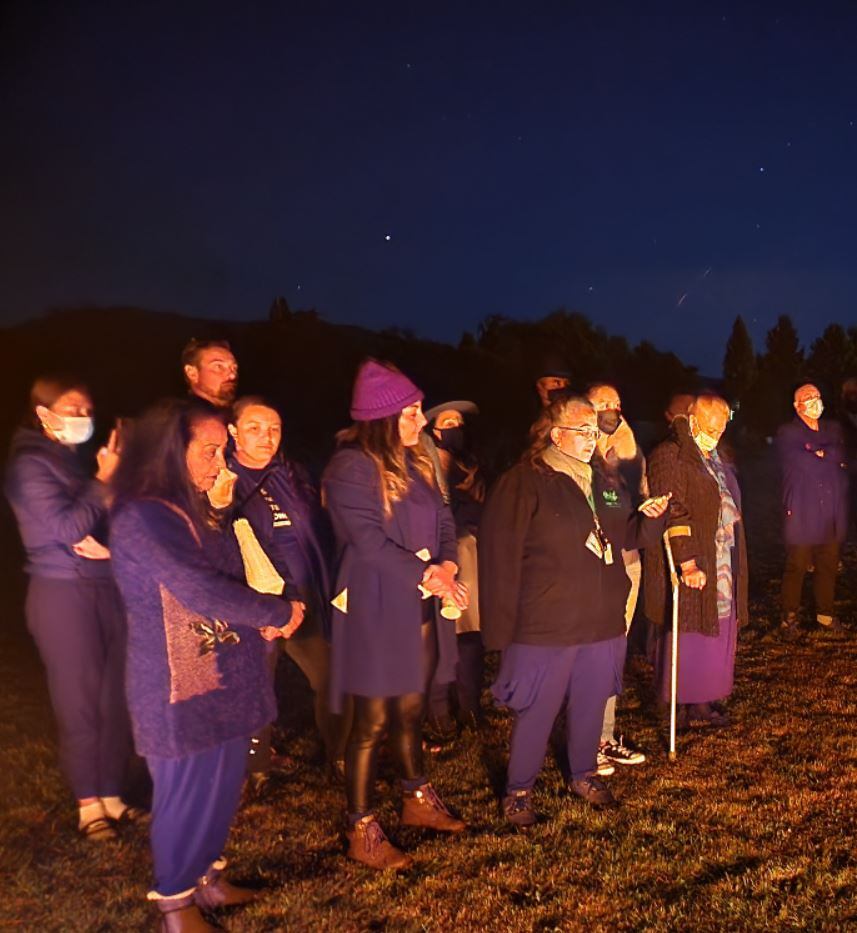
Photo / Supplied
The project is expected to cost approximately $28 million, which the marae says will create jobs and contribute significantly to the local economy through construction, tourism, education, social services, and arts and culture.
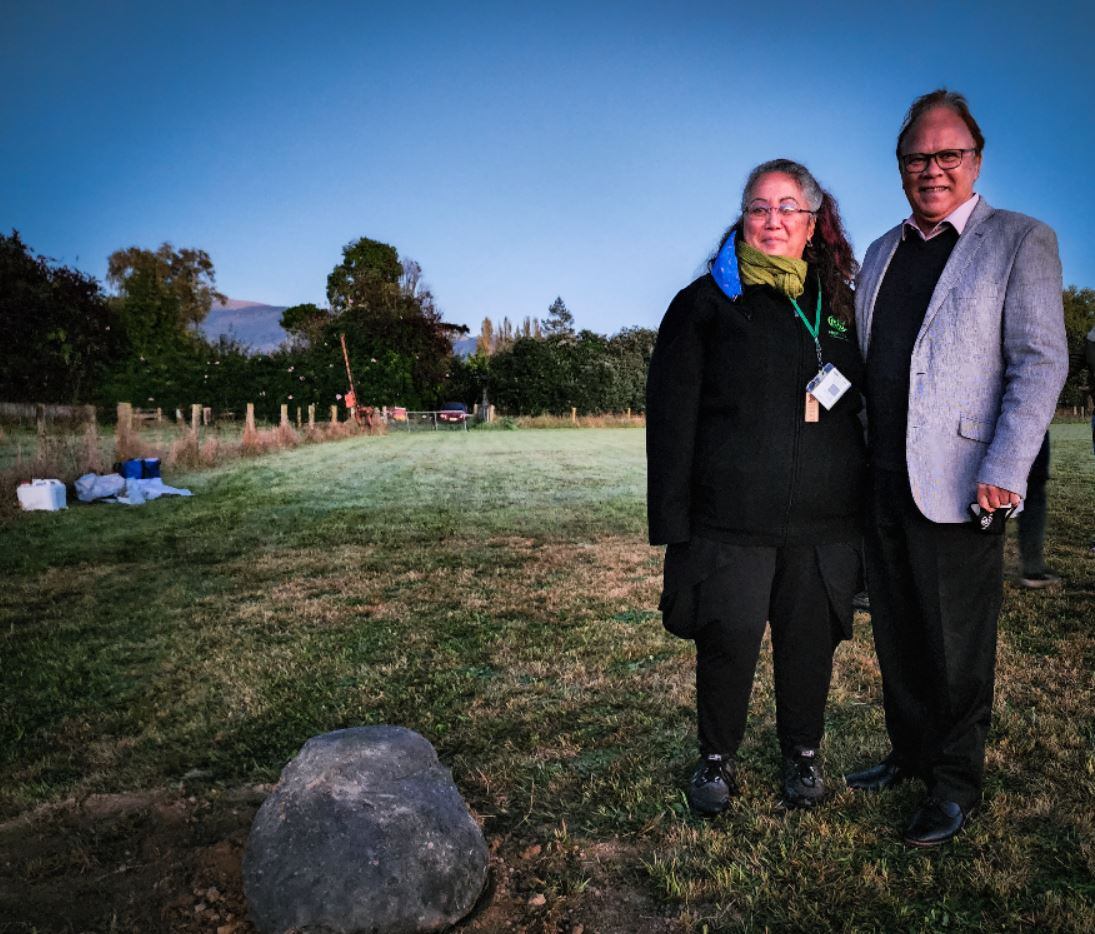
Rima Piggott with project chair Paul Morgan. Photo / Supplied
Piggott describes the current marae buildings as “humble” and said they had serviced the Motueka and wider Te Tauihu community well for decades but that the hapū and iwi of Te Tauihu are on a path of revitalisation of culture and the marae were the focal points of that revitalisation.
“This redevelopment gives us the platform to share more of our Te Tauihutanga (culture and identity), connect our whānau to their whakapapa and play an important role in the cultural and economic resilience and regeneration of the region following the pandemic.”
Piggott says the decision to start with housing whānau through papakāinga was a deliberate one.
“Housing is undoubtedly the most pressing issue for our whānau and by creating homes that can act as pathways to progress to home ownership, we are supporting our whānau to live here in their ancestral home of Motueka and contribute to the local economy and community. This is a hugely significant project for the whole region.”
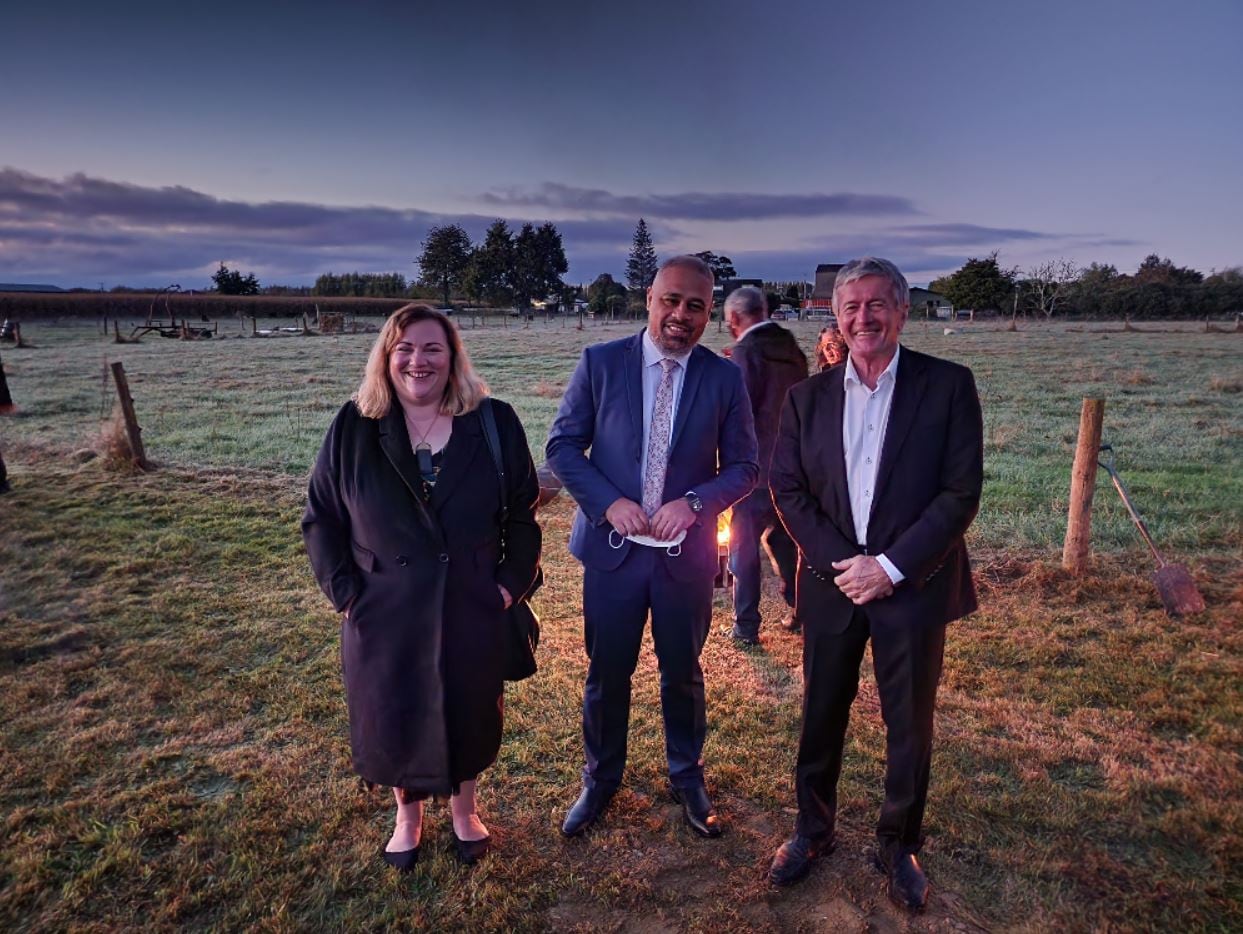
Māori housing minister Peeni Henare, with Nelson MP Rachel Boyack and West Coast Tasman MP Damien O'Connor. Photo / Supplied
The community of Te Āwhina Marae o Motueka received congratulations for achieving this milestone from Māori housing minister Peeni Henare and Māori development minister Willie Jackson.
“I mihi to the whānau involved in this project who after many years of hard work will be able to provide their own community with safe, healthy, affordable homes with secure tenure,” Henare said in a statement.
Jackson said the government has invested nearly $10 million into the $12.3 million housing project, which aligns with its wider housing aspirations for Māori, to ensure local whānau can continue to live in the area and support the marae.
“Motueka is a beautiful part of the country but with its beauty comes housing security challenges for whānau, Jackson said.
“I know this papakāinga project marks the beginning of wider marae redevelopment and is a key enabler for cultural revitalisation and economic development for the whānau and hapū of Te Āwhina Marae and the wider Motueka community.”
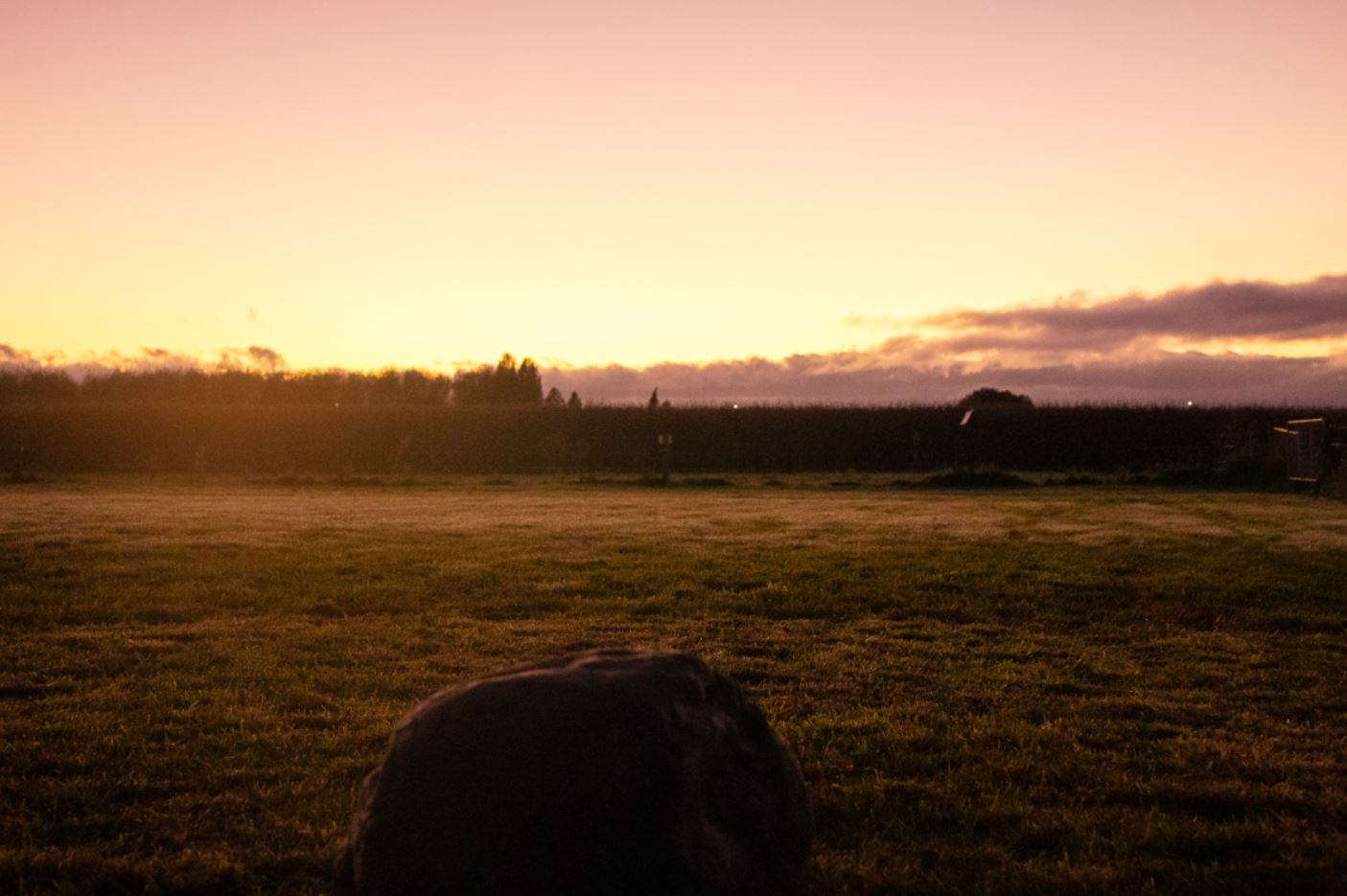
Photo / Supplied
Henare said this is the largest papakāinga project Te Puni Kōkiri has ever supported, which has been delivered through the government's Whai Kāinga Whai Oranga programme to help iwi build new homes.
“This project is Whai Kāinga Whai Oranga in action, where we see localised Māori housing solutions led by those who know the needs of their community.
“This is a great example of a by Māori for Māori approach delivering the housing supply that whānau need. This papakāinga development also shows that by growing the capability of Māori-led housing providers we are enabling Māori-led housing solutions to thrive,” Henare said.

